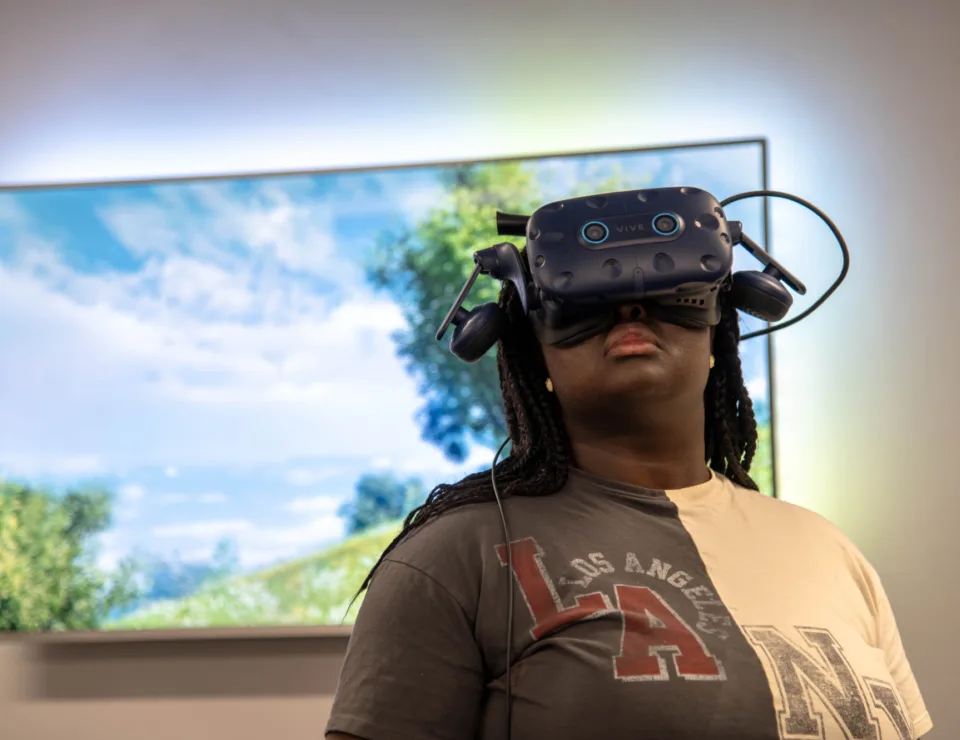As artificial intelligence, data and automation transform every aspect of life and work, Lincoln Bishop University is equipping students, staff and partners with the skills to thrive in a rapidly evolving world. Our mission is clear: to develop the digital and technological capabilities that will power the future across key sectors, including education, business services, health and social care. Guided by the priorities of the Greater Lincolnshire Local Skills Improvement Plan and Skills England, we are aligning our efforts with the urgent demand for advanced digital and AI expertise. Through strategic investment in cutting-edge infrastructure and dynamic learning environments, we are addressing skills gaps and preparing a workforce ready to lead in a digital-first economy.
At the heart of our Strategy 2030 is a bold commitment to empower people through technology. We are embedding digital literacy and AI fluency across every programme, ensuring that all learners, from undergraduates to professionals, gain the confidence and capabilities to succeed in tomorrow’s careers. Whether mastering essential digital tools or building expertise in data analytics, our curriculum is designed to develop adaptable and future-ready talent. We are also investing in our people. By upskilling our staff and collaborating with industry partners, we are creating a vibrant learning ecosystem that fosters innovation. Our short courses and workshops help professionals and small businesses effectively apply digital tools and AI, increasing productivity and supporting regional growth.
Our approach is grounded in collaboration. Through the Lincolnshire Open Research and Innovation Centre (LORIC), we work closely with employers, schools, local authorities and community organisations to co-design education and training that is flexible, inclusive and industry-informed. These partnerships shape new programmes and learning pathways that respond to real workforce needs. We aim to ensure that all learners leave not only with high-level digital skills but also with the practical experience and confidence to contribute from day one. For those taking short or modular programmes, our focus remains on meaningful outcomes for individuals, employers and the wider community.
We believe digital transformation must be inclusive. That is why our digital skills agenda is rooted in civic responsibility and widening participation. In rural and coastal areas where digital exclusion persists, we are investing in infrastructure, improving access, and supporting learners with limited connectivity or confidence. By expanding digital education and focusing on those underrepresented in higher education, we are creating more equal opportunities across Greater Lincolnshire.
Looking ahead, our planned investment in curriculum and infrastructure, guided by the University’s Digital Transformation Strategy, will strengthen Lincoln Bishop’s role as a regional hub for digital innovation. With interactive spaces, interdisciplinary courses and research-informed teaching, we are preparing learners for the changing world of work. This forward-thinking approach reflects our identity as a university rooted in civic leadership and social purpose, with a confident and inclusive vision for education that benefits the communities we serve.
